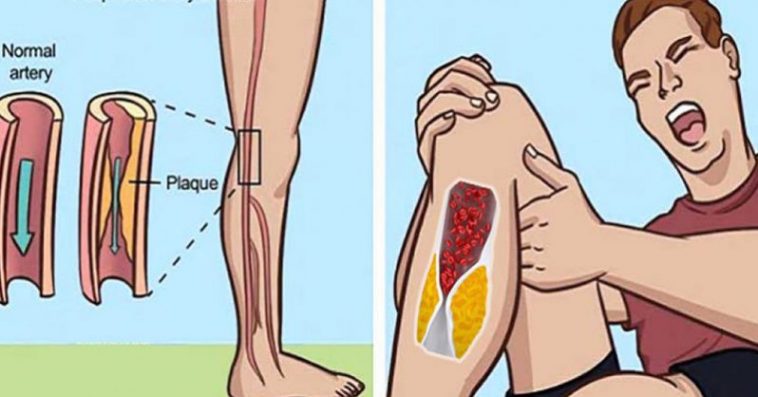On the other hand, the symptoms of a blood clot depend on the area where it is located, and these are the most common symptoms:
Abdomen – Diarrhea, intense abdominal pain, vomiting
Brain – Dizziness, sudden headaches, weakness of the face, arms or legs, difficulty speaking, vision problems
Lung – Sharp chest pain, sweating, fever, racing heart, shortness of breath, coughing up blood
Arm or Leg – Sudden or gradual pain, swelling, tenderness, and warmth
Heart – Nausea, shortness of breath, chest heaviness or pain, discomfort in other areas of the upper body, sweating, light-headedness
According to Mayo Clinic, “seek emergency care if you experience:
Cough that produces bloody sputum
A fast heartbeat
Lightheadedness
Difficult or painful breathing
Chest pain or tightness
Pain extending to your shoulder, arm, back or jaw
Sudden weakness or numbness of your face, arm or leg
Sudden difficulty speaking or understanding speech (aphasia)
Sudden changes in your vision
Consult your doctor if you develop these signs or symptoms in an area on an arm or leg:
Swelling
Redness
Pain. ”
Fortunately, you can prevent blood clots and lower the risk of stroke by making even minor changes to your lifestyle and diet. As reported in an NPR article:
“[The] scientists dug into a large study that tracked 30,239 people to see how much improvement it takes to prevent stroke…The good news is it doesn’t take much to make a difference.
Each risk factor for stroke was scored from 0 to 2, with 0 being crummy, 1 kind of OK, and 2 terrific. Even a one-point improvement in the total score across all seven factors significantly reduced stroke risk.
Each improvement of a point on the 14-point scale meant an 8 percent reduction in stroke. ‘The neat thing of this finding is that anything makes a difference… If you make a small change, you make an improvement,’ Lackland says. ‘If you make a bigger change, you make a bigger improvement.’
To prevent blood clots, you need to follow these tips:
-Avoid smoking, as it raises the risk of blood clots
-Exercise regularly, and stretch the legs after prolonged periods of sitting
-Avoid GMOs, sugars, processed foods, artificial sweeteners, trans fats and refined carbohydrates
-Avoid hormone medications, blood pressure, and cancer medications as their raise the risk of blood clots
Here are the most powerful natural blood thinners and supplements:
-Vitamin C is a powerful antioxidant that supports vascular health
-Natural antibiotics like onions, garlic, and olive oil prevent thrombosis
-Omega 3 fatty acids found in walnuts, pumpkin seeds, and fish
-Vitamin E prevents oxidation, so boost the intake of foods like avocados, broccoli, green leafy vegetables, almonds, kiwi, and butternut squash.
-Gingko decreases fibrin content which is vital in the formation of blood clots

